Agent Nateur, Beauty News
Tanning Without the Toxins: Embracing Safe and Effective Sunscreens for Healthy Skin
As summer approaches, basking in the warm sun becomes irresistible, especially after a long, cold winter. However, while getting a sun-kissed tan is tempting, it’s crucial to protect our skin from harmful UV rays without compromising our health or accelerating the aging process. At Agent Nateur, we understand the importance of safe and effective sunscreens that shield and nourish your skin. In this blog, we will delve into the risks associated with certain sunscreen ingredients and the significance of opting for non-toxic alternatives for optimal skin health.
Understanding the Hazards
Sunscreen usage is vital to safeguarding ourselves against skin cancer and premature aging. However, not all sunscreens are created equal. Recent studies conducted by the FDA, as published in the Journal of the American Medical Association (JAMA), have shed light on the risks associated with certain chemical sunscreen filters. Chemicals like avobenzone, oxybenzone, octocrylene, and ecamsule were found to be absorbed into the bloodstream after a single day of use, raising concerns about their potential impact on our health.

The Hidden Dangers of Chemical Filters
-
Oxybenzone: This commonly used active ingredient in sunscreens has been detected in nearly all Americans, including breast milk samples. Oxybenzone poses a potential threat as a hormone disruptor, with studies linking it to lower testosterone levels in boys, hormonal changes in men, and pregnancy complications. Furthermore, it is known to cause contact allergies and has been identified as a leading cause of such reactions.
-
Octocrylene: This chemical readily penetrates the skin and may have adverse effects on aquatic life. Additionally, concerns arise from potential contamination with benzophenone, a known carcinogen.
-
Avobenzone: While widely employed for UVA protection, avobenzone has been associated with allergic reactions and endocrine-disrupting properties. Cellular studies have shown its potential interference with testosterone. Notably, studies have detected levels of avobenzone in samples that exceed the FDA’s cutoff for systemic exposure by nine times.
Choosing Non-Toxic Sunscreens
To ensure protection for both ourselves and the environment, it is crucial to opt for non-toxic sunscreens. The European Union has made significant strides in sun protection by replacing oxybenzone with safer alternatives. However, these alternative products are still undergoing rigorous safety testing required for FDA approval. For safer options, the Environmental Working Group (EWG) recommends mineral sunscreens containing titanium dioxide and zinc oxide. These mineral-based ingredients provide effective protection without the potential risks associated with chemical filters.
Introducing Agent Nateur
At Agent Nateur, we are passionate about your skin’s health and overall well-being. We are thrilled to announce that our very own non-toxic mineral-based sunscreen will soon be available. Our sunscreen offers safe and effective protection, free from harmful ingredients. With the power of natural minerals, our sunscreen not only shields your skin but also nourishes it to perfection. Stay tuned for the launch of our mineral-based sunscreen, and embrace glowing, nourished, and protected skin.
Join the Sunscreen Revolution
It’s time to prioritize your skin’s health and make informed choices about the products you use. In the pursuit of safe and effective sunscreens, knowledge is power. By choosing non-toxic alternatives, you can protect your skin without compromising your well-being. Embrace the sunscreen revolution and prepare to enjoy glowing, nourished, and protected skin with Agent Nateur.
DISCLAIMER: These statements have not been approved or regulated by the FDA. Always consult with your doctor before making changes to your skincare routine.


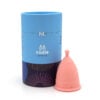








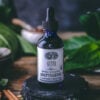







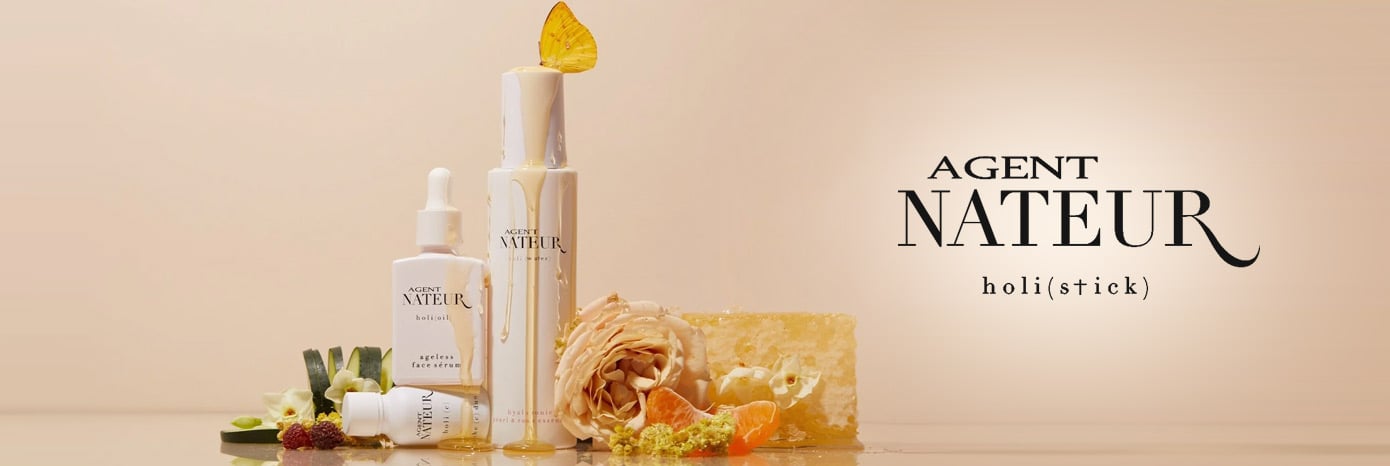




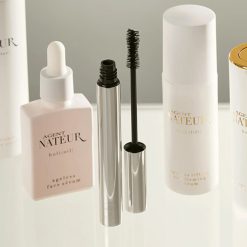
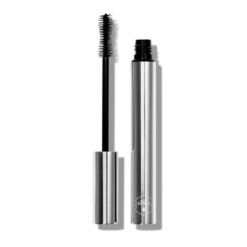
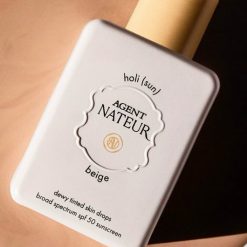
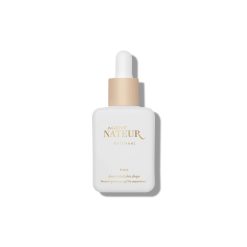





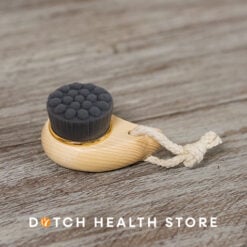

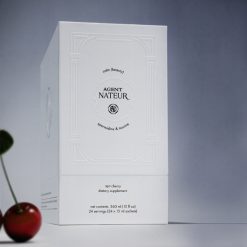






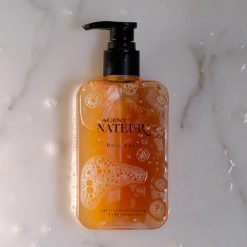
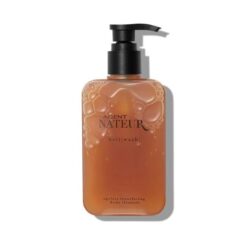
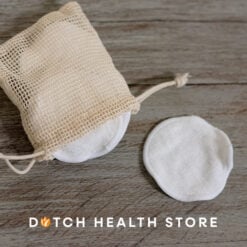

 Beauty Products
Beauty Products By Skintype
By Skintype Brands A-Z
Brands A-Z Wellness
Wellness Health / Nutrition
Health / Nutrition